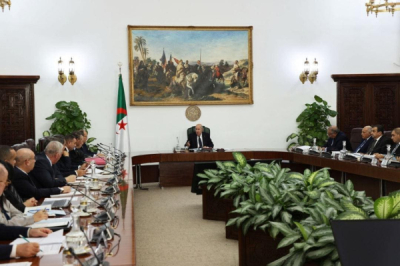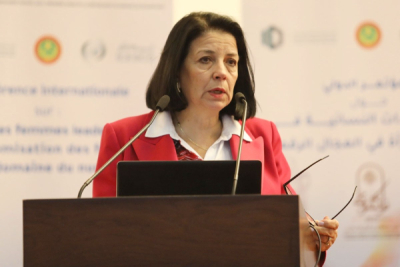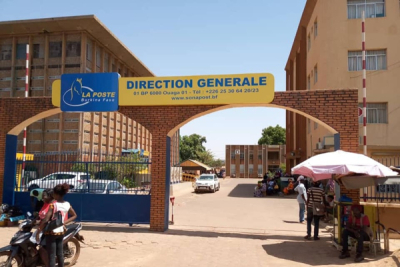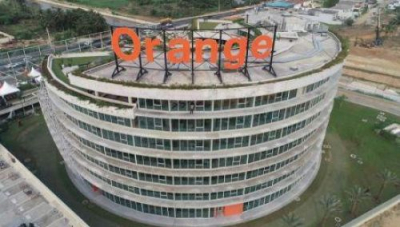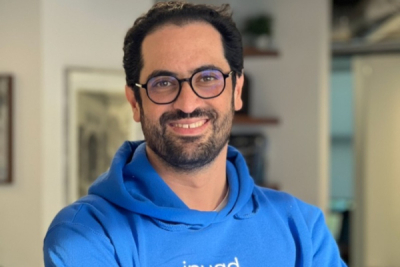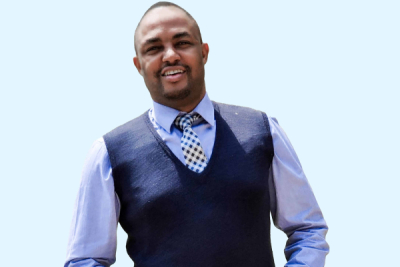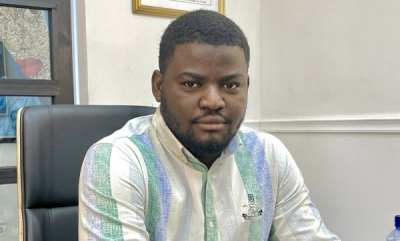- Draft law would require major platforms to open local offices and store data
- Firms must remove illegal content within 24 hours or face sanctions
- Plan aims to protect youth, uphold social values, and ensure digital sovereignty
Algeria’s government, through the National People’s Assembly (APN), is reviewing a draft law to impose strict regulation on major digital platforms. Introduced by lawmaker Bouhali Abdelbasset, the proposal targets services such as TikTok, Facebook, YouTube, and Instagram, placing them under direct legal supervision within Algeria.
The bill requires large platforms — those with more than one million users or above a certain revenue threshold — to establish a local office, appoint a legal representative, and store user data within the country or in certified centers. They would also be required to remove illegal content within 24 hours of notification and submit biannual compliance reports.
The initiative focuses on three main goals: preserving religious and social values, protecting children and adolescents from harmful content, and strengthening Algeria’s digital sovereignty. It also calls for the creation of a National Authority for Digital Space Regulation, attached to the Presidency, empowered to impose fines, block services, or initiate legal proceedings for violations.
The proposal comes as Algeria’s online presence expands rapidly. As of early 2025, the country counted 36.2 million internet users, representing a penetration rate of 76.9%. This surge has fueled the growth of social networks and influencers, along with rising concerns over extremist or socially inappropriate content.
If adopted, the law would significantly reshape Algeria’s digital landscape by holding major international platforms accountable, enhancing data protection and traceability, and promoting the emergence of locally adapted digital solutions.





